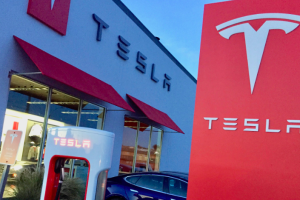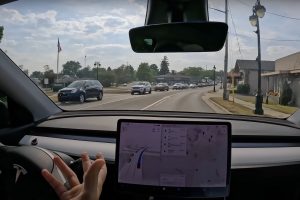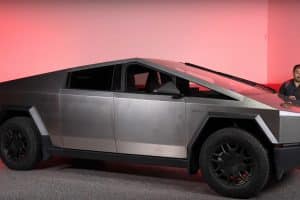Tesla and other EV automakers are seeking to ink mining deals to secure metal supplies for battery production.
“We’ve had discussions on that, and Tesla has definitely explored these operations,” said Randy Smallwood in an interview. “There is a real concern on the battery metal side in terms of supply.”
Smallwood is the Chief Executive Officer of Wheaton Precious Metals Corp. He went on to say that electric car makers were exploring ways to play an intermediary role in the mining industry for battery metals.
In the second-quarter earnings call, Baglino stated that looking for raw materials beyond the suppliers was more flexible. “Speaking of which, from a raw materials perspective, we offer long-term contracts to secure our supply chain to also enable the script. We’re not just looking at the suppliers, but upstream from there,” said the Senior VP of Powertrain and Energy Engineering.
Recently, LG Energy Solution inked a deal with Australian Mines Limited to secure 100% rights to battery-grade nickel and cobalt metals. LG Energy Solution is a wholly-owned subsidiary of LG Chem, one of Tesla’s battery suppliers. As per the agreement, Australian Mines LTD. will provide nickel and cobalt in the form of mixed hydroxide precipitate (MPH) from the Sconi Project in North Queensland.
The Korean battery manufacturer will have access to 71,000 tonnes of nickel and 7,000 tonnes of cobalt for 6 years starting from the end of 2024. The Korean company explained that the deal was inked amid growing concerns about raw material supplies in the future.
In May, Elon Musk alluded to “pressure” in the raw material supply chain. At the last earnings call, Musk talked about doubling Tesla’s cell output and how raw material supplies affect the company’s plans.
“As mentioned, things will move as fast as the slowest part to be at the highest place in the supply chain, which goes all the way back to raw materials, lithium and nickel and that kind of thing,” Musk said.
However, securing supply isn’t the only concern for EV makers like Tesla. The metal supply should also be mined sustainably.
They should “focus on the prominence of where their metals are coming from and making sure that the products they’re buying and investing into to supply their customers are sourced responsibly,” advised Smallwood.
In Tesla’s case, it signed a nickel supply agreement with BHP, an Australian mining company. Recently BHP released an update letter which elaborated on the company’s climate change commitments, like reducing its operational emissions or decarbonizing its value chain.





